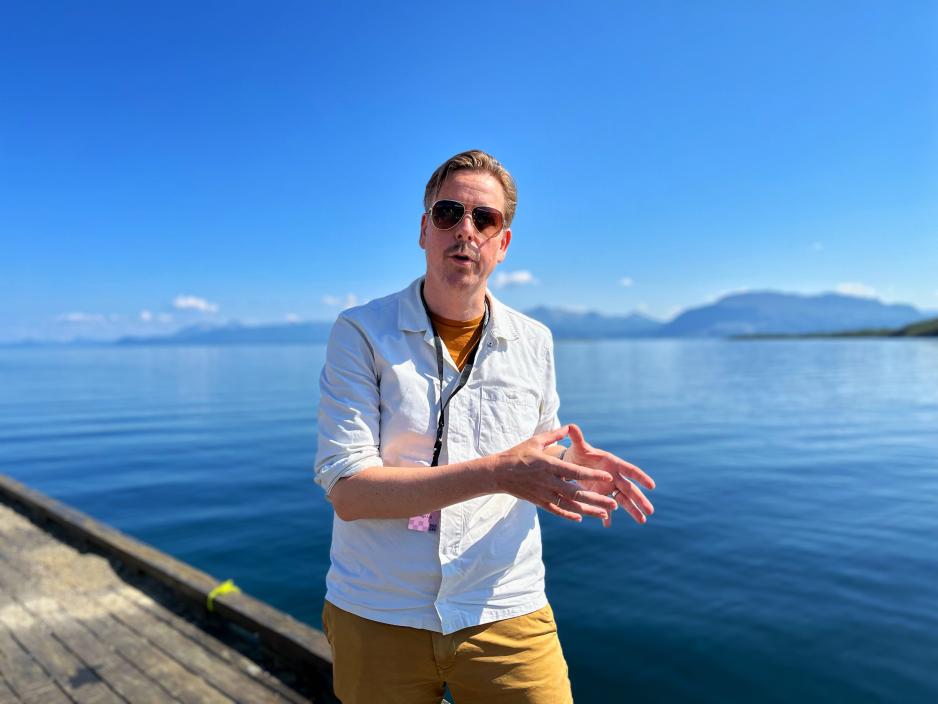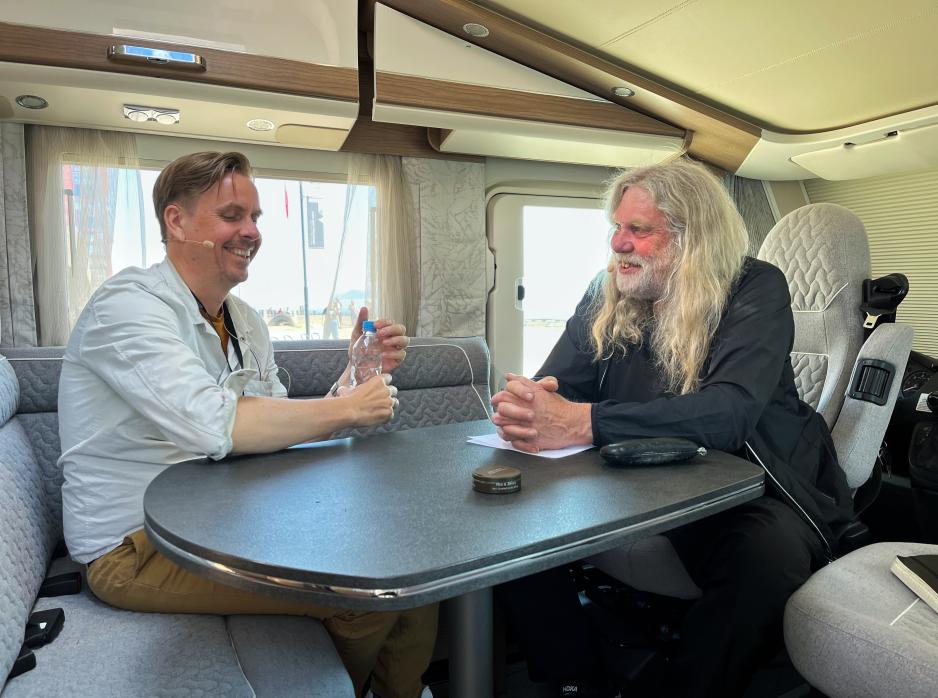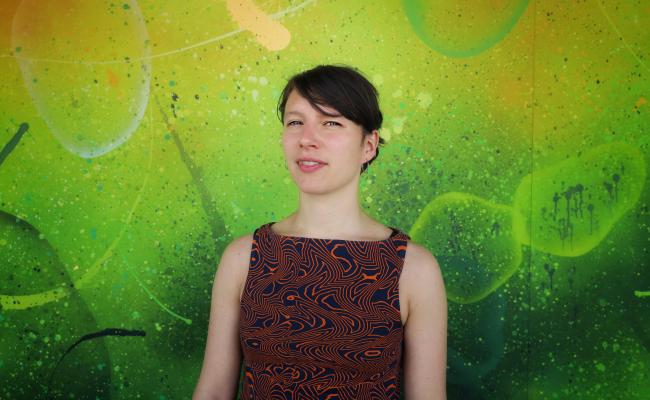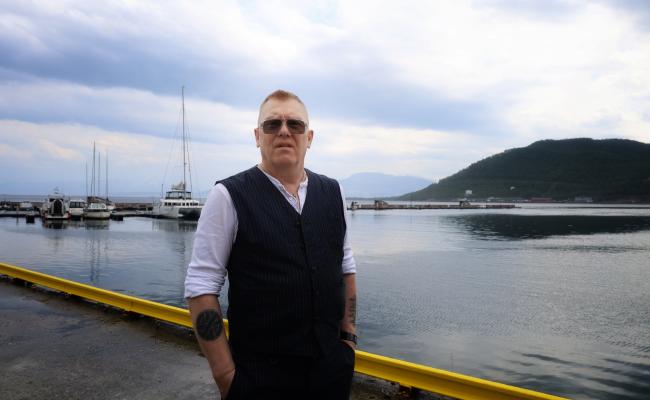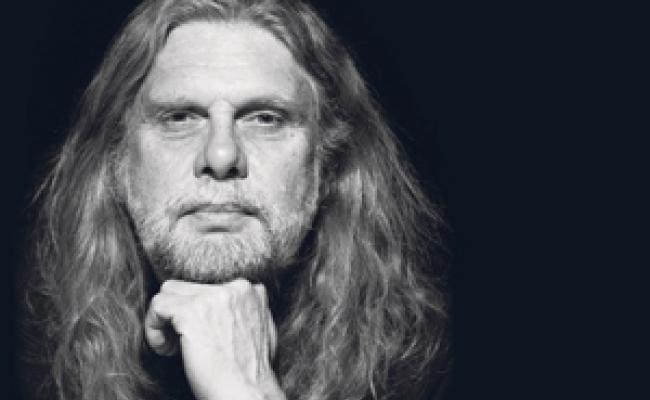Norwegian version.
The High Noon debate series is organized over several days during the True Northern Arts Festival in Harstad, Northern Norway – a collaboration between the festival and High North News.
On Tuesday, the responsibility of art was discussed:
When the world around us is affected by major societal changes and values are being tested, what is the function of art? What responsibility and opportunity do the artists have to comment on the tragedies from the stage? And what about freedom of speech within the arts?
Who: Tore Vagn Lid, Director, Artistic Leader of Transiteateret-Bergen and Professor at the Department of Art and Media Studies at NTNU.
Of current interest: Profile artist for the True Northern Arts Festival in 2024/2025. Lid has, among other things, directed the play "States of Exception" about the terrorist attacks in Norway on 22 July 2011 – and a new version of Nordahl Grieg's play "Our Honor and Our Power" from 1935.
Art as a counter-voice
How does your art approach this theme?
"I hope it does it in such a way that it is always restlessly seeking a way to approach reality in a way that other media cannot. That it is trying to keep itself open, willing to take risks, and bold – and what this entails depends on society. If one is, for example, pushed toward the commercial, one should perhaps muster resistance to it. Art can continuously function as a counter-voice, meaning that social discussions are kept open and multi-voiced, as far as possible."
What can art, in particular, contribute to this debate (about itself)?
"I believe this to be a question of the medium in the old sense of the word: Different ways of approaching reality and communicating it. Art has a touch of reflection, emotion, and concentration, which is hard to achieve in other media. That is exactly what makes the artistic medium significant when it works on itself and keeps itself curious."






